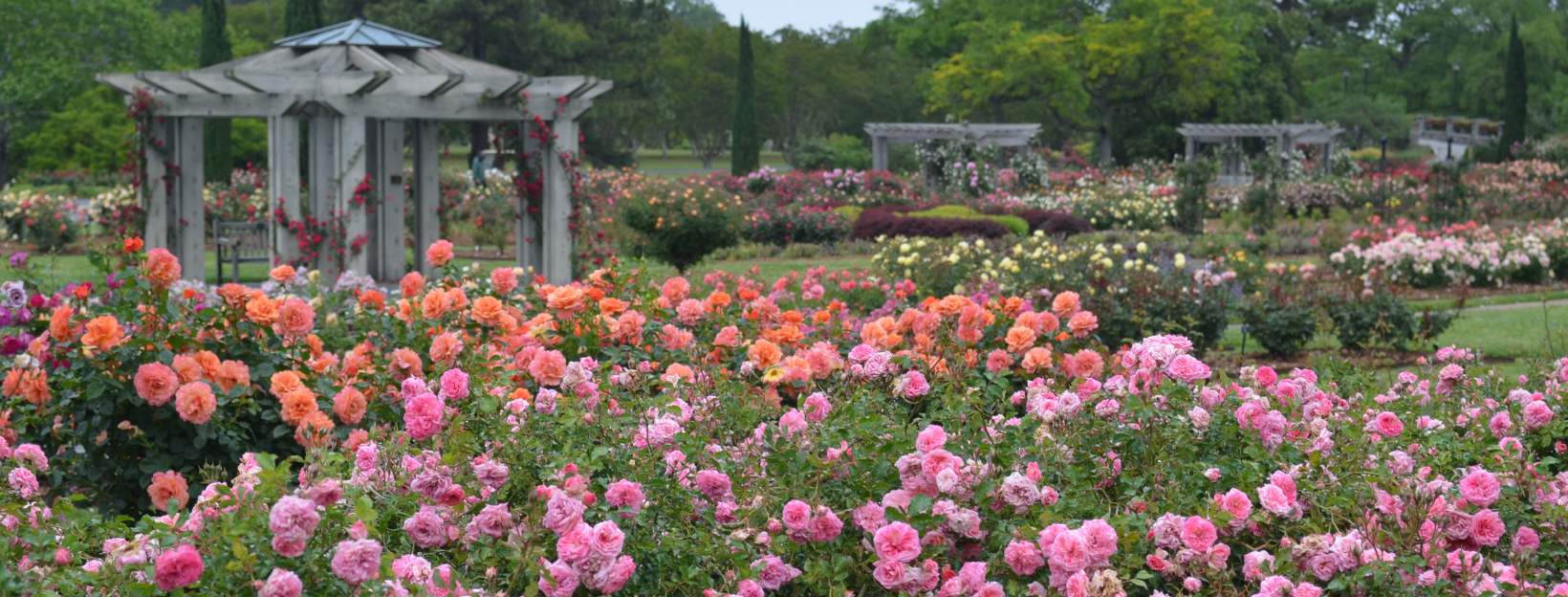
Land and Labor Acknowledgement Statements
As a part of our Garden for All campaign, Norfolk Botanical Garden acknowledges the land and labor sacrifices made throughout our history in the creation of our campus. We honor the past and present Tribal communities of Coastal Virginia and acknowledge the lack of Indigenous representation in the conservation of the natural world under our organization. We recognize the peoples of the Chesapeake and Lumbee Tribes, and the Federal and State-recognized Powhatan Tribes as stewards of the historic and contemporary lands of Tsenacommacah [jeh-nuh-ka-muh-kuh], an area that extends through the Tidewater Region of Virginia, and includes the land within the City of Norfolk occupied by the Garden. There is a paramount need for Indigenous ideologies and practices to be woven into our environmental stewardship initiatives, and we acknowledge we have much to learn from the deep relationship and reverence that Native American communities have for this land.
We also acknowledge the oppression and racial segregation forced on people of color in the early decades of the Garden’s history. Through the Works Progress Administration of 1938, 200 African American women and 20 African American men were hired to clear and plant the first 25-acres of the Garden. Despite the grueling efforts made to create this natural wonder, the shameful public segregation policies that were in place until the 1960s prevented these workers from visiting the Garden as guests. Today, we not only celebrate the legacy of those WPA workers and their gift to the City of Norfolk, but we commit to leading the way in representing diversity, equity, and inclusion in our community.
Through the implementation of these land and labor acknowledgement statements, we will continue to develop programs, interpretation, and collaborations for and foster relations with all members of our community as we continue to ensure Norfolk Botanical Garden is a welcoming space for all.

